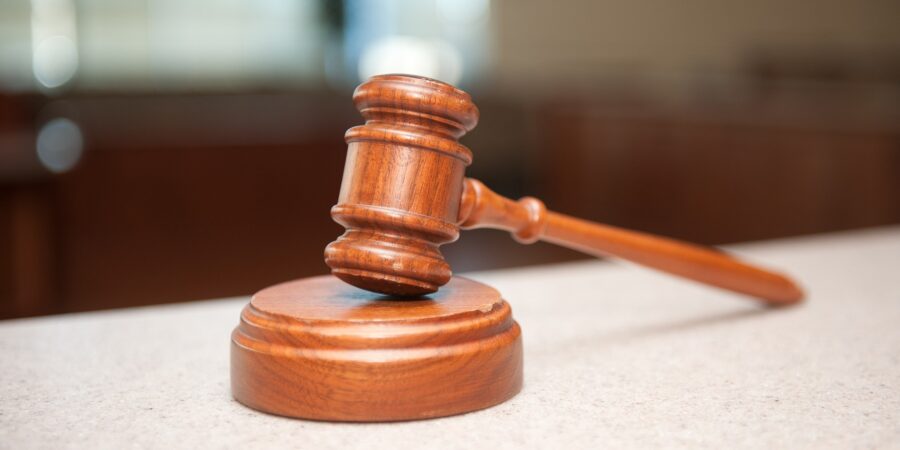FACTS:
On December 5, 2021, Leodegario D. Boongaling and Fortunato Diate, filed a Complaint for sum of money and damages against Banco San Juan, wherein they alleged that they are depositors of said bank, that their passbook reflected a balance of P574,313.93 as of December 9, 2008, and that they never withdrew money from the account after said date.
On October 27, 2010, they received a letter from the bank informing them that their account has become dormant and requesting that they activate their account. They went to Banco San Juan’s Baguio City branch to activate their account but learned that their account only contained P16,000.00 instead of their expected balance of P574,313.93. Upon investigation, they learned that two former employees of the bank had stolen money from the bank by forging the signatures of its depositors.
On August 1, 2011, they made a formal demand on the bank to restore their account to its correct balance of P574,713.93. In response, the bank informed them that it had referred the case to the NBI, considering that as far as bank records are concerned, the
questioned withdrawals are genuine and correct. It was only in the said letter when the bank required them to submit their specimen signatures for NBI analysis.
While the bank admitted in its Answer that two of its employees made unauthorized withdrawals from its client’s accounts in 2009 through a series of falsifications and forgeries, it alleged that it immediately informed all depositors of the situation through several press releases and announcements, and that it sent written notices personally to all of its depositors. The bank denied Boongaling and Diate’s allegations that the latter’s signatures were forged to facilitate the unauthorized withdrawals on April 14, 2008 and April 30, 2008, that the last maintaining balance of the latter’s account as of December 9, 2008 was P574,313.93, and plaintiffs did not withdraw any amount from the account after the said date. 17 It maintained that plaintiffs have no cause of action against them since as far as bank records are concerned, the withdrawals, withdrawal slips, and Boongaling and Diate’s signatures on the withdrawal slips in question were genuine.
Diate and Boongaling moved for a judgment on the pleadings on the ground that the bank’s Answer failed to tender an issue and contained mere denials. 19 In its April 19, 2012 Order, the trial court granted the motion and ordered the bank to pay a total of Pl,674,313.93 in damages to the plaintiffs based on the Complaint and Answer on record.
On appeal, the CA reversed the Order granting the complaint based on the pleadings, and remanded the case records for trial on the merits, considering that the pleadings tendered issues and Boongaling and Diate had yet to establish their claim through a preponderance of evidence.
Petitioner filed a motion for reconsideration, which was denied by the CA.
Hence, this Petition.
ISSUE:
Whether the trial court erred in rendering judgment solely on the basis of the pleadings and its attachments.
RULING:
In civil cases, the burden of proof rests upon the plaintiff who must establish their case by preponderance of evidence. Preponderance of evidence is the evidence that is of greater weight, or more convincing, than the evidence offered in opposition to it.
It is proof that leads the trier of facts to find that the existence of the contested fact is more probable than its non-existence. In the same vein, forgery as alleged by plaintiffs in this case cannot be presumed and must be proved by clear, positive, and convincing evidence. Parties who allege forgery have the burden to establish their case by a preponderance of evidence.
Nevertheless, the rendition of a judgment on the pleadings is proper when an answer fails to tender an issue, or otherwise admits the material allegations of the adverse party’s pleading. It is a form of judgment that is exclusively based on the submitted pleadings without the introduction of evidence since the factual issues are uncontroverted. Section 1, Rule 34 of the Rules of Civil Procedure reads:
Sec. 1. Judgment on the pleadings. – Where an answer fails to tender an issue, or otherwise admits the material allegations of the adverse party’s pleading, the court may, on motion of that party, direct judgment on such pleading x x x x.
An answer would fail to tender an issue if it does not deny the material allegations in the complaint or admits said material allegations of the adverse party’s pleadings by confessing the truthfulness thereof and/or omitting to deal with them at all.
If an answer specifically denies the material averments of the complaint and/or asserts affirmative defenses, i.e., allegations of new matters which, while admitting the material allegations of the complaint expressly or impliedly, would nevertheless prevent or bar recovery by the plaintiff, a judgment on the pleadings would be improper.
Respondent’s Answer tendered several issues, including whether Boongaling’s and Diate’s signatures were forged by the bank’s former employees to facilitate two unauthorized withdrawals.
In view of the issues raised by respondent regarding the allegations of forgery and negligence, the trial court erred in rendering judgment solely on the basis of the pleadings and its attachments. It should have required Boongaling and Diate to establish their case by a preponderance of evidence, and allowed respondent to object to the admissibility of their evidence and to present its own evidence to refute the latter’s claims.
